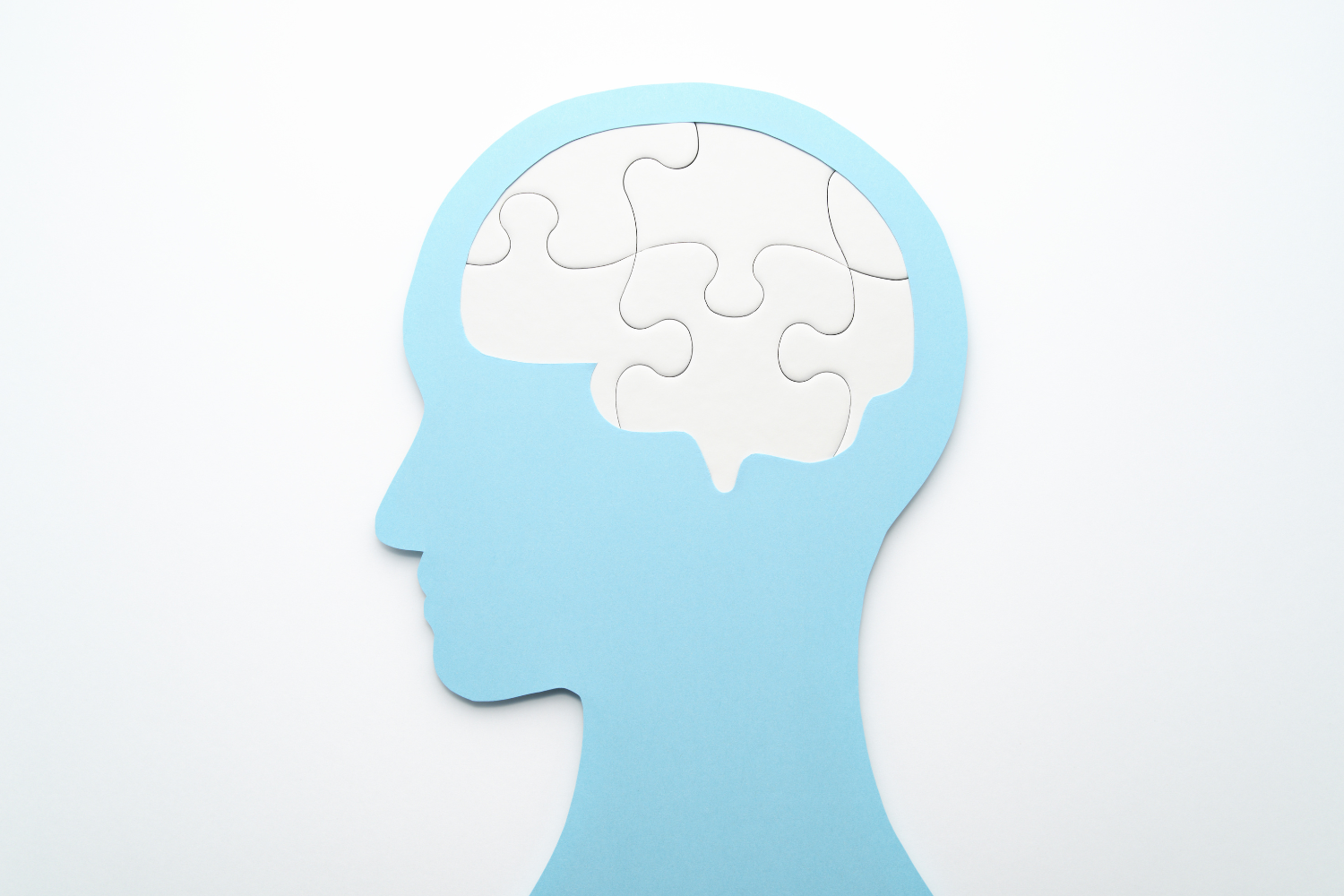Language shapes our world in profound ways, often influencing our thoughts, behaviours, and attitudes more than we realise.
Many phrases and expressions commonly used in everyday conversation can unintentionally perpetuate stigma, especially when it comes to mental health. It’s important to recognise these phrases, understand their impact, and explore more considerate alternatives.
| Stigmatised | De-Stigmatised |
| “He’s crazy.” | “He’s experiencing mental health challenges.” |
| “She’s psycho.” | “She’s dealing with a mental health condition.” |
| “They’ve gone mad.” | “They’re struggling with their mental health.” |
| “She’s lost her mind.” | “She’s going through a mental health crisis.” |
| “He’s a schizophrenic.” | “He has schizophrenia.” |
| “They’re mentally disturbed.” | “They are experiencing mental health difficulties.” |
| “He’s bipolar.” | “He has bipolar disorder.” |
| “She’s just seeking attention.” | “She’s reaching out for help and support.” |
| “They’re an addict.” | “They have a substance use disorder.” |
| “He’s so OCD.” | “He has obsessive-compulsive disorder.” |
How to Make a Change
- Educate Yourself: Learn about mental health conditions and the appropriate language to use. Understanding the impact of your words is the first step in changing your language.
- Reflect on Your Language: Pay attention to the phrases you use and consider their origins and implications. If you’re unsure whether a term is appropriate, err on the side of caution.
- Speak Up: If you hear someone using stigmatizing language, gently correct them. This isn’t about shaming others but rather about fostering awareness and understanding.
- Promote Positive Language: Encourage the use of language that respects the dignity of those with mental health conditions. This can be as simple as modeling the behavior you wish to see in others.
Moving Forward
De-stigmatising language is an ongoing process that requires collective effort. By making small changes in our everyday conversations, we can contribute to a more compassionate and understanding society. Remember, words have power, and by choosing them carefully, we can help reduce the stigma surrounding mental health and support those who need it most.
Let’s start with ourselves and be mindful of the language we use. It’s a simple yet powerful way to show respect and empathy toward everyone’s mental health journey.





